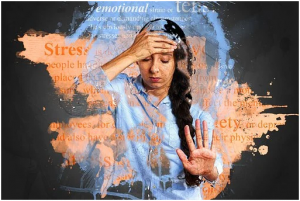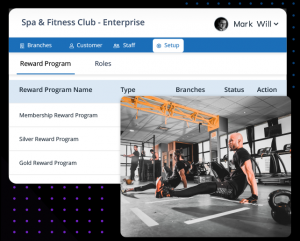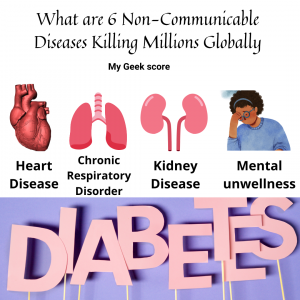How Can Social Anxiety Affect Your Life?
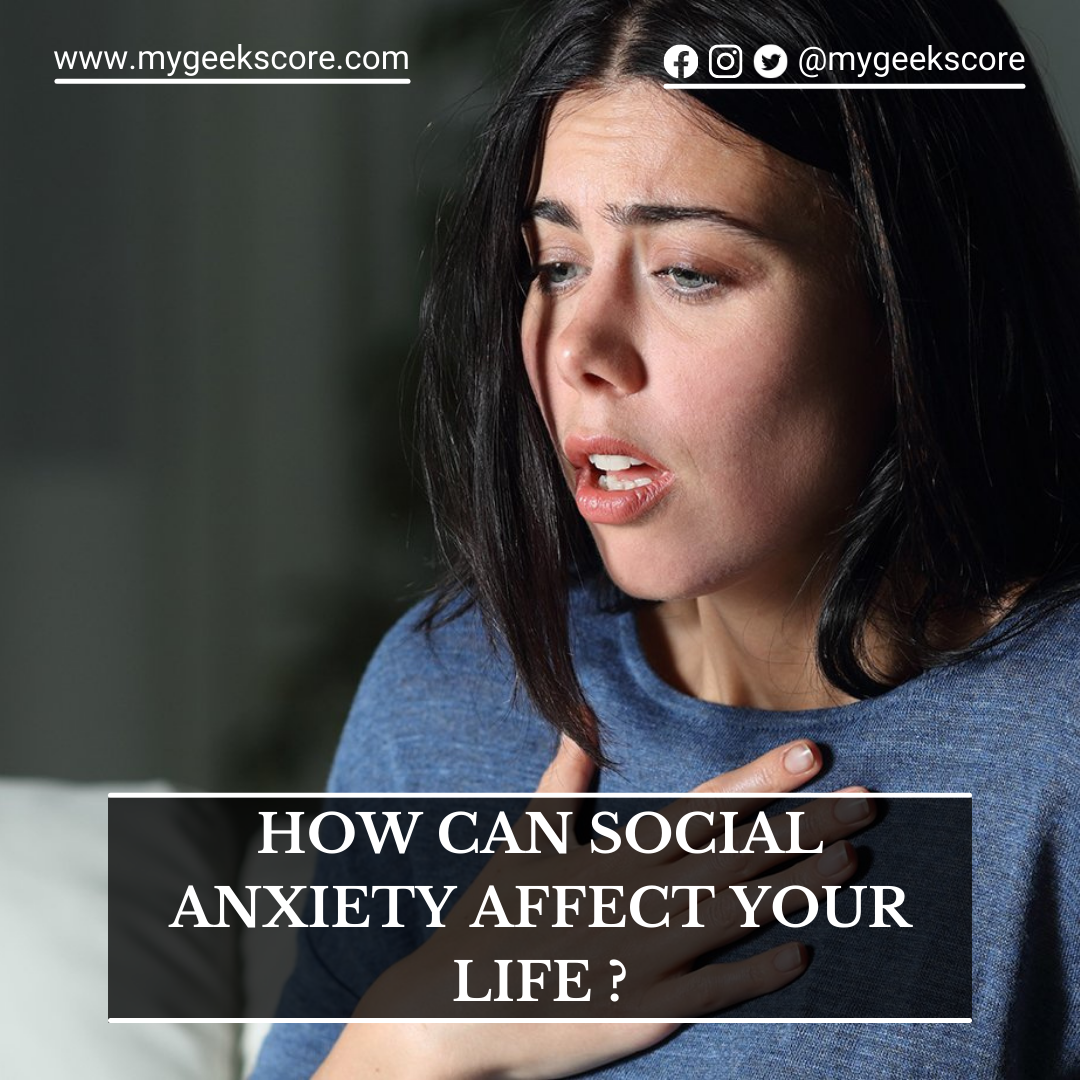
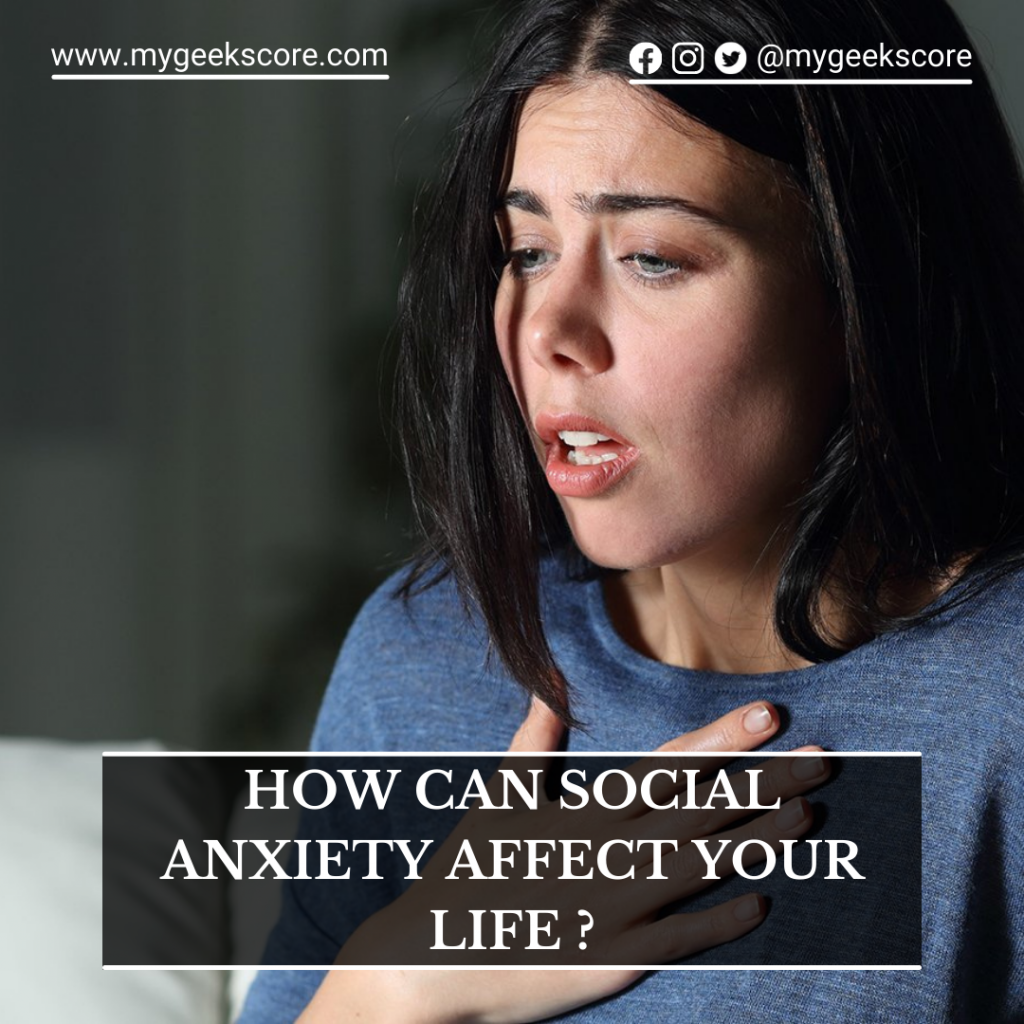
My Geek Score: Let’s face it, when it comes to social anxiety, you are not alone! There are millions of people that feel just the way you do. To be estimated, social anxiety affects 1 out of every 8 (or nearly 15 million) people get involved, including both men and women.
That’s a pretty big number. And if you don’t know how Social Anxiety affects your life, continue reading because we will address these questions in this article.
Effects of Social Anxiety Disorder
As someone with a social anxiety disorder, you may experience the following symptoms:
Physical symptoms include-
- Clammy hands or excessive sweating.
- Fast heart rate and dizziness.
- Nervous stomach.
- Shaking legs or hands.
- Loss of bladder control.
- Breathlessness and chest pain.
- Dry mouth and throat.
- Trembling or twitching.
- Nausea.
- Headache and muscle tension.
Mental symptoms include-
- Feeling of anxious and uneasiness.
- Excessive self-consciousness.
- Terrible nightmares.
- Uncontrollable random thoughts.
- Memory lapses or sudden flashbacks of bad experiences.
Behavioral symptoms include-
- Disturbance in sleeping pattern.
- Inability to perform even basic tasks.
- Biting nails due to anxious thoughts.
- Trouble in acting still and calm.
- Cringing or feeling unable to move in response to interaction with others.
Impact of Social Anxiety in Students?
Anxiety affects students of all ages but has a particularly devastating impact on middle school students. According to a recent study, it has been shown that approximately 25% of students suffer from some form of anxiety. If left untreated, this can greatly impact a student’s performance at school and even affect how they perform socially.
While many students struggle with anxiety, very few understand what it is and how it impacts their ability to learn. For several students, anxiety can occur as a result of multiple things, including:
Absenteeism
Social anxiety in students can result in a high rate of absenteeism. This problem begins when a student experiences apprehension before attending class. Because of this, they may “reduce” the number of classes they attend, often resulting in not participating in their learning or their schoolwork.
Understanding the classroom environment
With social anxiety in students, it could be possible for them to take longer in class to catch up with the lesson or interact with the environment, such as the instructor’s teaching style, classroom rules, organization of the material being presented, and much more.
Participating in class discussions
Anxious students can experience issues in participating in class discussions. This is because the fear of negative evaluation prevents them from speaking up, leading to feeling like their opinion is never taken into account. And this practice can often lead to self-doubt and frustration, which routinely affects how they perform academically.
Making friends
A social anxiety disorder may substantially impair a student’s ability to make friends. Fear of embarrassment and evaluation by others restricts their interaction, possibly making them seem aloof and distant as they look to avoid scrutiny. This can cause loneliness and feelings of being left out.
Getting good grades
Anxiety can interfere with your ability to do well in school. Social anxiety can affect how you interact with your peers, teachers, and authority figures. It can also make learning more difficult than normal, depending on their anxiety level and the nature of their fears, resulting in poor grades.
Interest in school activities
Students who experience social anxiety may find it difficult to participate in school activities, both because of the anxiety and the increased focus on themselves that occurs when interacting with peers. The anxiety and anticipation can also prevent them from speaking as assertively as they would like to.
Impact of Social Anxiety in Adults?
Besides students, let’s take a look at some of the impacts social anxiety can have on adults:
Low self-esteem
Social anxiety can be a debilitating condition, leaving adults unable to interact with others or look at people from the perspective of what they may be thinking. This leads to significant changes in family and work life, but it also impacts self-esteem.
Lack of social skills
Good social skills are something everyone values, and perhaps the most crucial aspect of a healthy social life is the ability to engage in conversation with others. Unfortunately, people with SAD struggle to put their thoughts together into words and express themselves effectively, and the constant fear of being judged leads to poor social skills.
Lower rate of occupational success
Social anxiety can greatly affect one’s professional potential. Given that employers seek candidates with exceptional communication skills, social anxiety can put a severe damper in your professional life.
May indulge in substance abuse
Based on the data provided, people with social anxiety disorder are more likely to develop a substance abuse problem. Substance abuse can take many forms, such as overeating and excessive alcohol consumption. Therefore, it is essential to be aware and get the treatment you need.
Loneliness and depression
People with social anxiety might avoid work functions or activities due to the embarrassment of meeting new people or speaking in front of groups. This isolation can lead to depression, common among people with this condition.
Performance impairment
Performance-related fears are common in social anxiety disorder, such as worries about saying something inappropriate or being negatively evaluated by others when making a speech. These fears can interfere with performance and cause significant distress for the individual.
Impact of Social Anxiety in Pregnancy?
Proper knowledge is necessary when it comes to anxiety during pregnancy, and that’s why it’s essential to know the impacts of this common condition.
As a mom-to-be, it’s perfectly normal to feel anxious about your health and the baby’s well-being. And of course, if what you’re feeling seems excessive or gets in the way of everyday tasks, it could be an anxiety disorder that can take its toll on your prenatal health and that of your baby, as well.
According to the report of effective healthcare, about 13.3 percent of American women experience social phobia in pregnancy, which is much higher than previously estimated figures.
Here are some effects of social anxiety in pregnancy:
Lack of concentration
A common symptom of anxiety during pregnancy is the lack of concentration. Your mind is filled with so many thoughts, information, and worries it’s almost impossible to think clearly and focus just on one thing.
As a result, they tend to avoid social gatherings, which leads to depression and various other psychological disorders in both the mother and the child.
Feelings of dissociation
Social Anxiety in pregnancy can cause feelings of dissociation and emotional distress. Dissociative feelings can be described as the brain leaving the body and observing itself.
Feelings of dissociation are not uncommon in the general population, but they become a highly concerning factor of social anxiety during pregnancy.
Feeling frustrated
Feeling frustrated in social situations can be common during pregnancy, and you might constantly worry about what others will think or feel and wonder your experience isn’t normal.
Feeling anxious and embarrassed often has a big impact on the baby and you, taking away from the pregnancy experience.
Trouble relaxing
Women with social anxiety in pregnancy have trouble relaxing, whether this is because of a worsening of their anxiety or because they’re worried too much about their health or baby’s health, resulting in them having a more complicated pregnancy than women who don’t have social anxiety.
Sleep deprivation
When we are sleep-deprived, the level of cortisol increases in our body. This hormone is called to be the stress hormone. It is known that sleep deprivation can lead to higher stress levels. A high level of stress hormones in pregnant women may lead to a higher chance of miscarriages, stillbirth, premature babies, and many other adverse side effects.
Wrapping up
So yes, anxiety is natural, and it can significantly affect your life. But you don’t have to let it ruin your daily life activities. Anxiety is an emotion just like any other, and many strategies can help you work with anxiety to improve your mental health.
Hopefully, you’ve learned a thing or two about the pervasiveness of social anxiety and the impact it can have on individuals and society. Understanding how social anxiety has affected them can help you know if you have a similar condition.
Follow My Geek Score on Facebook.
Tags: How Can Social Anxiety Affect Your Life?, Effects of social anxiety disorder, Impact of social anxiety in students, Impact of social anxiety in adults, Impact of social anxiety in pregnancy, Impact of Social Anxiety

